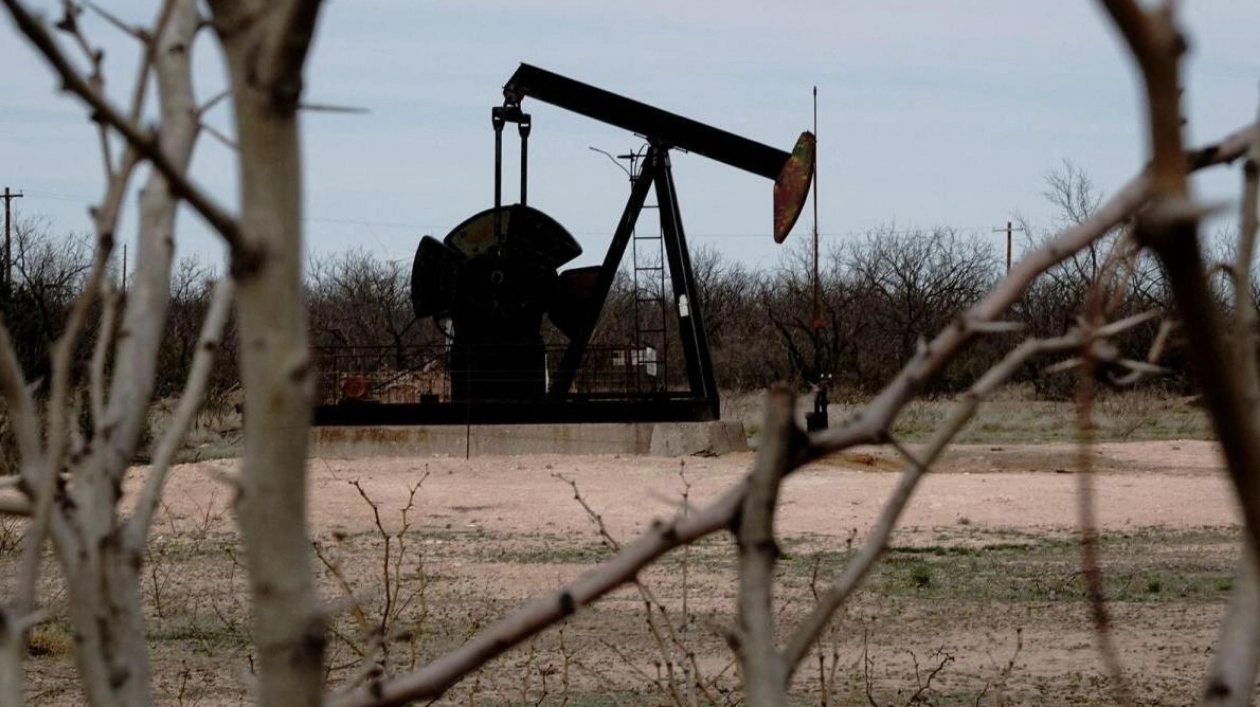Oil prices dipped slightly on Tuesday, as concerns about weaker demand in China influenced market sentiment, while attention shifted to the US Federal Reserve's policy meeting concluding on Wednesday.
Supporting prices were expectations of reduced US crude stockpiles and worries about US production following Hurricane Francine. Brent crude futures for November decreased by 48 cents, or 0.66%, to $72.27 per barrel as of 1002 GMT. Meanwhile, US crude futures for October fell by 37 cents, or 0.53%, to $69.72 per barrel.
"Oil prices have been recovering since Wednesday, possibly due to supply concerns post-Hurricane Francine in the US Gulf of Mexico, along with anticipations of lower US crude stockpiles," commented Charalampos Pissouros, senior investment analyst at brokerage XM. "However, prices are retreating today, possibly because participants view these developments as temporary factors in the oil market, still concerned about weakening global demand, particularly in China."
In China, oil refinery output declined for the fifth consecutive month in August, driven by falling fuel demand and weak export margins, according to government data released on Saturday. Both contracts closed higher in the previous session as production remained restricted. Over 12% of crude production and 16% of natural gas output in the US Gulf of Mexico remained offline due to Hurricane Francine, according to the US Bureau of Safety and Environmental Enforcement (BSEE) on Monday.
The Fed is anticipated to commence its easing cycle on Wednesday, with Fed funds futures indicating a 69% probability of the US central bank cutting rates by 50 basis points. "The Fed is expected to reduce interest rates for the first time in over four years this week... but recent weak economic data and hawkish remarks by Fed members have led investors to expect a more aggressive move," noted Panmure Liberum analyst Ashley Kelty.
A lower interest rate could reduce borrowing costs and potentially boost oil demand by fostering economic growth. Investors were also monitoring for an anticipated decline in US crude inventories, which is likely to have dropped by around 200,000 barrels in the week ending September 13, based on a Reuters poll.






